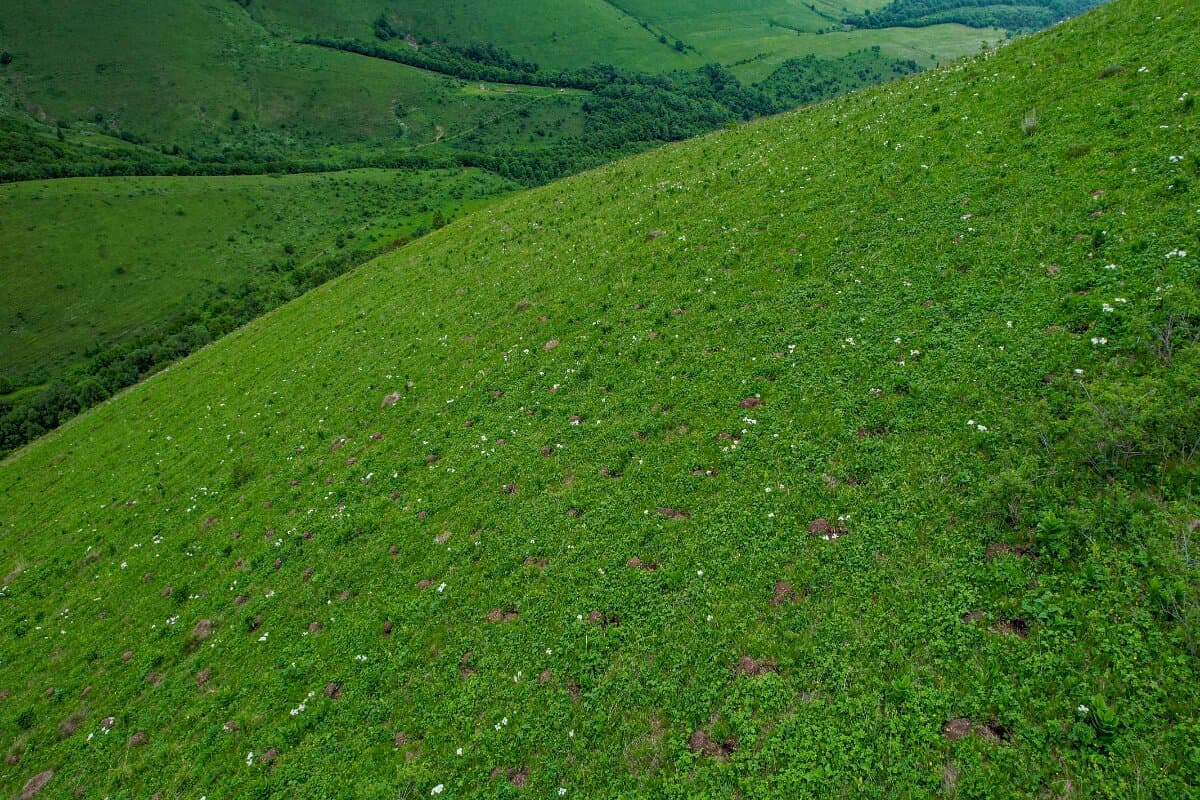
As scientists are denouncing with ever-stronger terms the irreparable damages that fossil fuel burning is causing on the earths climate, the world needs, collectively and individually, to act to reduce CO₂ emissions. If the goal is to have 0 emissions by 2050, it is urgent to start acting now to reduce global emissions. As certain CO₂ emissions, e.g., from air travel, have no clean alternative for the moment, planting trees and increasing forest coverage is one of the best ways to offset the carbon that is released in the atmosphere. Aside from carbon capture, forests are incredibly complex ecosystems and bring many added advantages: increase moisture in the air, reduce temperatures in the summer, reduce desertification, increase biodiversity, flora and fauna, beautify natural landscapes, and much more. One cannot stress enough how forests are vitally important for life on Earth. Finally, our work is done by local villagers living near the areas to be reforested. Our action has an important social aspect as well. By training and giving work to local people, we empower them and contribute to alleviate poverty. The villagers become custodians of the future forests. The forest itself, having a proportion of fruit bearing trees (walnuts, hazelnuts, wild pears, etc.) will provide them with a steady income. All told, as conscious and responsible individuals, we take responsibility for the impact of our acts while we are living on this planet. Just as we would not think of throwing and leaving garbage in another persons home, we, human beings passing by on this earth, have a moral duty to clean up the garbage we leave in the atmosphere and on earth as well.
